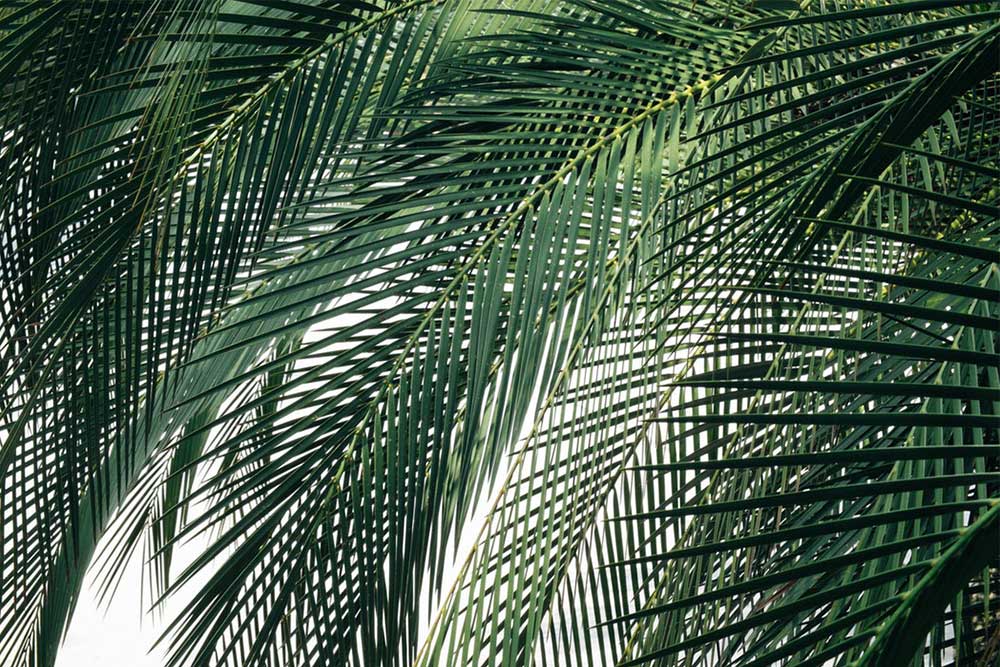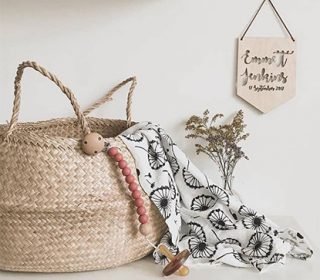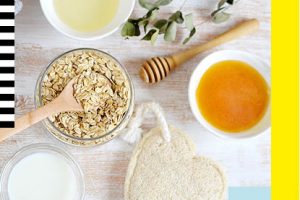Why and how to cut palm oil out of your life

From crackers to skincare, the derivative of the fruit from the oil palm tree is still in 50% of supermarket products, despite the devastating deforestation it’s causing, particularly unsustainably in Indonesia and Malaysia.
An area the size of 300 football fields of intact forest is cleared each hour for palm production, according to the World Wildlife Fund, which is leading some species to extinction. Though a third of all mammal species in Indonesia are now critically endangered, it’s gravely impacted the Sumatran orangutan and tigers, which could be extinct in five and three years, respectively, if things carry on as they are.
90% of the orangutan habitat has been destroyed in the last 20 years and 1000-5000 are killed each year. As well as animal cruelty, they’re essential for the healthy functioning of the rainforest ecosystem. For example, some seeds can only germinate once they’ve been passed thorough their gut.
As well as killing over 50,000 orangutans and irreparably damaging the wildlife, palm plants don’t retain as much carbon dioxide meaning more green house gases are entering the atmosphere. The palm oil production processes often involve fires which emit smoke, and therefore greenhouse gases, into the atmosphere. The amounts are vast; Indonesia is currently the third highest greenhouse gas emitter in the world.
Despite being replaceable, the cost and convenience means it’s still the most commonly used vegetable oil with around 66 million tonnes produced each year. Though the movement against is making headway and earlier this year Iceland supermarkets announced a ban which will be coming into effect in 2019.
While going palm-oil free used to seem like an impossible tasks, more brands are creating alternatives. Lush, for instance, as well as running the ‘SOS Sumatra’ campaign to raise awareness of the number of wild orangutans left (currently around 60,000), don’t use palm oil in their products and is working to remove all derivatives.
You’ll have read about sustainable palm oil but, though that’s better, it’s got its own issues — so the best thing to do is cut it out completely.
Here’s how to avoid palm oil…
1. LOOK OUT FOR PALM OIL PSEUDONYMS
Often palm oil will be listed as something else on the ingredients label; PO, palm kernel oil aka PKO, palm glycerides, Elaeis guineensis or as one of its 170 derivatives, including sodium lauryl sulphate, sodium laureth sulphate, palmate, palmitate, palmitic, palmityl, and palmolein. (Check out this Lush list for more). Get an app, like Code Check or Buycott, to be sure of what you’re buying — or, if caught phone-free, just look for an alternative type of oil being used.
2. GO NATURAL
It comes up so often it’s almost boring (…almost, but not at all); processed products are palm oil territory, so going more natch with your cooking and cleaning (of you and your house) is a simple way to cut a lot out.
3. AVOID THE BIG CORPS
While Unilever, Nestle and Ferrero have improved their palm oil commitments in recent years, a fair few of the big dogs are pseudo ignoring the issue. Find out which to avoid in The Rainforest Foundation UK Palm Oil Guide.
4. SWAP SPREADS FOR AVOCADOS
Butters alternatives commonly contain some form of palm oil, so be safe (and healthier) by swapping butters for avocado and use oils, like coconut or olive, for cooking.
5. GO CASTILE FOR CLEANING
As well as cutting down on packaging, as Castile Soap can clean almost anything, from dishes to dogs, it’s less likely to have palm oil in and you can even make your own! A favourite, if you’re going shop-bought, is Dr. Bronner’s.
6. DIY
From cleaning products (for which you basically just need baking soda and white vinegar) to beauty and skincare, you can pretty much make your own versions of everything. Try books like Sister & Co’s Skin Food or Clean Beauty for inspiration.
7. BE CAREFUL OF CRACKERS AND CRISPS
It’s an area that’s chocka with palm oil, so you’ve just got to know your brands. Here’s a little start…
Peanut Butter? Go Whole Earth.
Chocolate? Try Booja Booja, Divine or Ombar.
Crisps? Try Kettle or Tyrrells.
Crackers? Try Ryvita.
Bread? Try Vogels.








